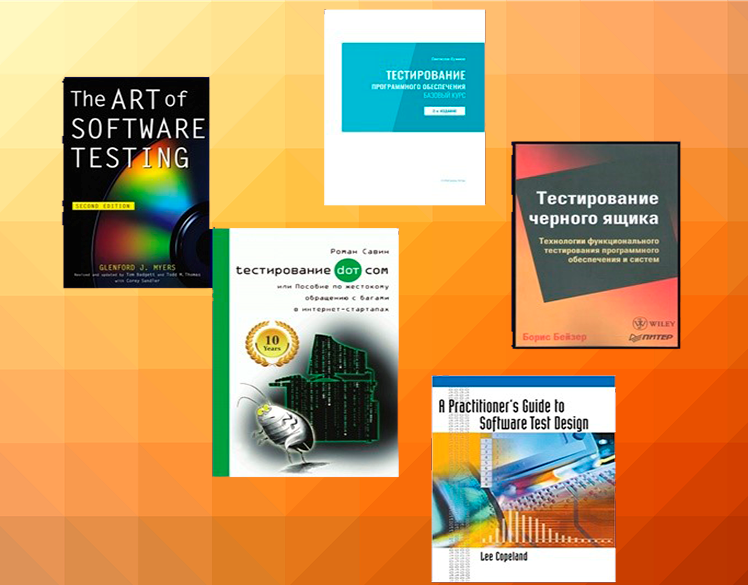What to expect from the work if you’re an IT specialist? Obviously, you should remember that in this sphere we get new information every time.
Undoubtedly, for sure we can say only one thing: everyone should be ready for constant professional self-education and self-development.
When IT specialists have sufficient knowledge of the English language, they need to pay much attention to the individual studying. It’s quite important to be motivated in order to set and achieve goals by studying new materials and practical skill-building.
As far as our world is modernized and developed all the time, people should learn on their own! It facilitates self-development, progress, and enables the possibility to keep up with the time. If a person pays enough attention to the educative process, he/she can get new knowledge and skills that will be longstanding.
What makes self-education successful? We prepared a list of some actual tips that can achieve this without much difficulty.
- Be disciplined. You’re both a teacher and a student, so it’s your direct responsibility to control the educational process.
- Be interested in new unknown things for you. If you see some unknown concept, don’t skip it and learn more about it.
- Develop a habit. Try to make it a routine to study for one hour each and every day. It will be much easier and more effective than studying for several hours once a week.
- Use different learning methods. Break the uniformity of the educative process. Don’t try to read materials or attend courses only. Alternate the activities.
- Go beyond comfort. Share acquired knowledge, don’t be afraid to speak about the new material that you’ve just studied. Sometimes, tips and recommendations from your experienced colleagues can come in very handy.
- Make notes. After you read some books or finish studying, write down the main ideas, make schemes or diagrams. After some time, when you forget something, these notes come in very useful.
What resources facilitate your process of self-education? Here, the choice is yours. You can make your own education program. It may be books, courses, conferences, Internet resources, and so on.
Everybody knows that any necessary information can be found on the Internet. Nevertheless, since there is a lot of data there, some information isn’t reliable, unfortunately.
A totally different situation exists with books. There, everything is clear and structured, one topic segues into another one (and this is quite important when you study technology sciences).
You should start your education process with qualitative actual literature that is popular among lead specialists in the IT industry. Also, it is worth paying attention to the books that are useful for junior testers and for senior ones as well.
One of the first problems that you may face is a low level of your English knowledge. If you are able to study technical materials in a foreign language, you shouldn’t read books in Russian.
The material in English can help you to study new concepts quickly, learn the ropes of software testing, and of course, gain and develop professional skills.
It is clear that there is no one book with relevant information from the beginning of software testing development until our days. But we can select some most famous books that will be useful for both junior and senior testers.

5 boooks on testing
“The Art of Software Testing” by Glenford J. Myers
This material will be useful for each and every tester irrespective of their professional level. Despite the fact that this book was written a long time ago, specialists update it and add actual information all the time.
Here, you can find a lot of practical examples. Some of them are easy, and some make you think hard about their solutions. Also, you can find classical testing principles in this book.
“Testing DOT COM, or Manual on Harsh Treatment of Bugs in Internet Start-Ups” by Roman Savin
This is a true classical book. It’s the book that helps junior testers make the first step into the software testing field. Moreover, this book is easy to read, the concepts are in Russian and in English. However, such materials consider as useful tips rather than serious literature.
“Black-Box Testing: Techniques for Functional Testing of Software and Systems” by Boris Beizer
The author used a serious technical language for programmers and testers. The book includes main ideas of software testing.
The author described how one can find the maximum amount of bugs and spend minimum time on this. The book is simple and easy to understand. People with different levels of English knowledge can read it.
“Software Testing. Base Course” by Svyatoslav Kulikov
It is a great option to get some new knowledge of software testing. There are many new concepts in the book. It was written in the format of the dialogue between the author and a reader. So the book is quite easy to understand.
There are questions after every chapter that help to learn the material better. The book is based on the author’s experience. It includes the most popular problems and questions that every junior tester has.
“A Practitioner’s Guide to Software Test Design” by Lee Copeland
The book elaborates on test design and has a lot of examples. This is in English only. Almost all the tips can be applied practically right after reading the book. The information is structured, there are plenty of tables. Nevertheless, this book is more narrowly specialized (unlike other books listed above).
To Sum Up
It is worth noting that actually a lot of books deserve esteem. Besides, there is highly technical material in each field.
All the materials have some training methodology, style, practical tips, and examples. In the IT sphere, like in any other field, it’s significantly important to test everything out.
But herewith, you shouldn’t forget about the theory. Since, if you know the theory, a lot of testing ideas won’t be complicated for you (as they might appear at first).










Leave A Comment